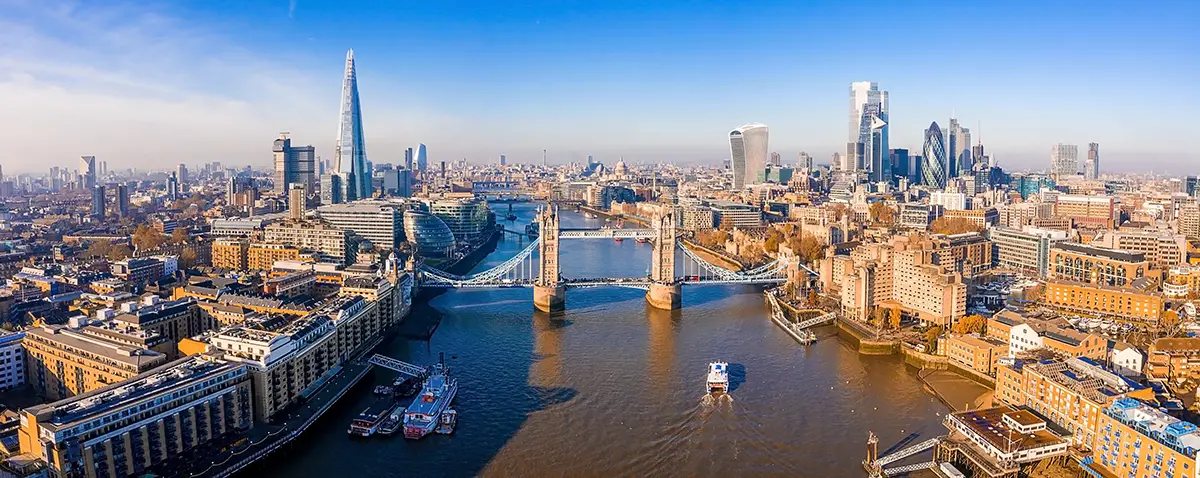What is Domicile?
At its core, the definition of Domicile refers to an individual’s permanent home base. It is the country that an individual always goes back to, no matter where they may currently reside. It usually is an individual’s country of origin, where there are stronger cultural ties, family connections, and where they may have a business or own property. However, this is not always the case, as Domicile is mutable. E.g.: When American citizens move abroad to Portugal and intend to live there indefinitely with no real plan to return to the United States.
It helps to consider Domicile as one’s Primary Status. Typically, an individual is considered Domiciled in any given country if they spend more than 183 days in the country or if they pay taxes in that country. For most people, the country where Domicile is established is also the country of Residency. However, this does not necessarily apply to high net-worth individuals, since second or even third Residencies can be acquired.
What is Residency?
It is always a rather preferable idea to think of Residency not only in the sense of being physically present in the country where an individual might live but rather as a legal status enabling you to stay in that country, whether temporarily or permanently. An individual may have multiple Residency statuses but will only ever have 1 Domicile at any given time.
It may help to think of any country where an individual holds Residency as their Secondary Status. Residency can be acquired in several ways, including for investment, work, and study, among others. An example of this can be Person A moving to Country B to study and acquire a Bachelor’s Degree. During that timeframe, Person A holds Residency in Country B, but is Domiciled in Country A.
Residency in another country other than the Domicile can also unlock a plethora of benefits, including visa-free travel, especially if the country of Residency has a greater international mobility score.

Key Differences Between Domicile and Residency
Despite the conventional definitions of Domicile and Residency, the world is not so black and white. It is always fundamental to properly analyze and discover more about each country’s laws regarding Domicile and Residency.
Sometimes, Domicile and Residency have so much in common to the point the distinction between the two becomes even further muddled, especially in the case of Permanent Residency status: a subset of Residency, permanent and typically irrevocable, just a step away from Citizenship and holding a second Passport. For instance, a country’s requirements to grant Permanent Residency may be the same as Domicile, e.g.; spending over 183 days in its territory.
However, the key difference remains this: Domicile has heavier, legal weight. An individual is tied to their country of Domicile in terms of legal and taxation duties, responsibilities, and obligations.
While changing Domicile is feasible, the main difficulty relies on proving it. Only an individual will ever truly know their own intentions but in the case of high net-worth individuals, who may have multiple properties or Residencies, they will have to produce documentation and demonstrate they have effectively chosen one country as a Domicile.

The greatest example of Domicile holding a heavier meaning legally is Non-Domicile Tax regimes. In a practical example, up until very recently, the United Kingdom had a program that enabled foreign individuals to set up Residency in the country while their Domicile remained elsewhere. This regime allowed these non-Domicile residents to pay taxes only on their UK-based income. However, the United Kingdom is vastly overhauling this Regime. Before the changes, the about 68,000 non-Domicile tax beneficiaries in the United Kingdom were, effectively, Residents in the country, but Domiciled elsewhere, meaning they might have extra taxation responsibilities in another country. However, they would be entitled to reside and live in the United Kingdom.
The distinction between Domicile and Residency further becomes important, especially for citizens of countries like China, India, the United Arab Emirates, and any other country that does not allow its Citizens to hold Dual Citizenship. Citizens of these countries and others can improve their quality of life, access higher standards of living, boost their international mobility by investing to acquire Residency.
Investment Visa & Immigration Programs: A Path to Keep or Change Domicile
Even though an individual may only have 1 Domicile at any given time, it does not mean that they are stuck with it for the rest of their lives. Domicile, as a status, is changeable, and something which an individual should take advantage of, especially if it is beneficial in terms of taxation liabilities.
In this sense, investment immigration programs, which enable individuals to acquire Residency or Citizenship, can act as a vehicle to modify one’s Domicile status. For instance, moving from a heavily taxed country like Canada or the United Kingdom to a country with more tax breaks like the United Arab Emirates, where there are no taxes on personal income.
Acquiring a second Residency can also serve as a steppingstone to a second Citizenship and Passport. This becomes further relevant for Citizens hailing from countries that tax worldwide income, meaning they collect a percentage, even if an individual has a second or third Residency. Countries like the United States also apply citizenship-based taxes. A U.S. citizen must pay taxes to the country regardless of where their Domicile is established. Having a backup passport enables the individual to abdicate their U.S. citizenship and be free from any tax liabilities to the country.
If it is not beneficial in terms of taxation, getting Residency or Citizenship by Investment can still unlock a myriad of other benefits not necessarily related to Domicile. The major advantages are improved international mobility, the ability to bring one’s family, and access to higher standards of living and quality of life.

Investment Visa: Experts in Residency & Citizenship
Countries like Portugal and Greece have Residency by Investment programs, are within the European Union and boast high levels of security, healthcare, education, and are affordable in terms of the cost of living. The countries also concurrently hold the title of the 4th Most Powerful Passport, enabling their holders to travel to 175 countries, including the 29 European states within the European Union.
At the end of the day, having a second Residency is always beneficial, regardless of where the Domicile is established, as it provides a platform of choice, enabling anyone to choose the best path for themselves, whether it is freedom from taxes, improved international mobility, or seeking a Plan B to whether out possible political or social uncertainties.
Investment Visa was founded upon this principle and philosophy, and we specialize in guiding expats & investors to the second Residency or Citizenship. With a global reach spanning 4 continents, and offices in Portugal, Greece, Hong Kong and the UAE, Investment Visa’s team of industry leaders & veterans is proud to have played a key role in delivering thousands of residency cards and passports. Contact us today and start your journey to unlock a brighter future!



























































